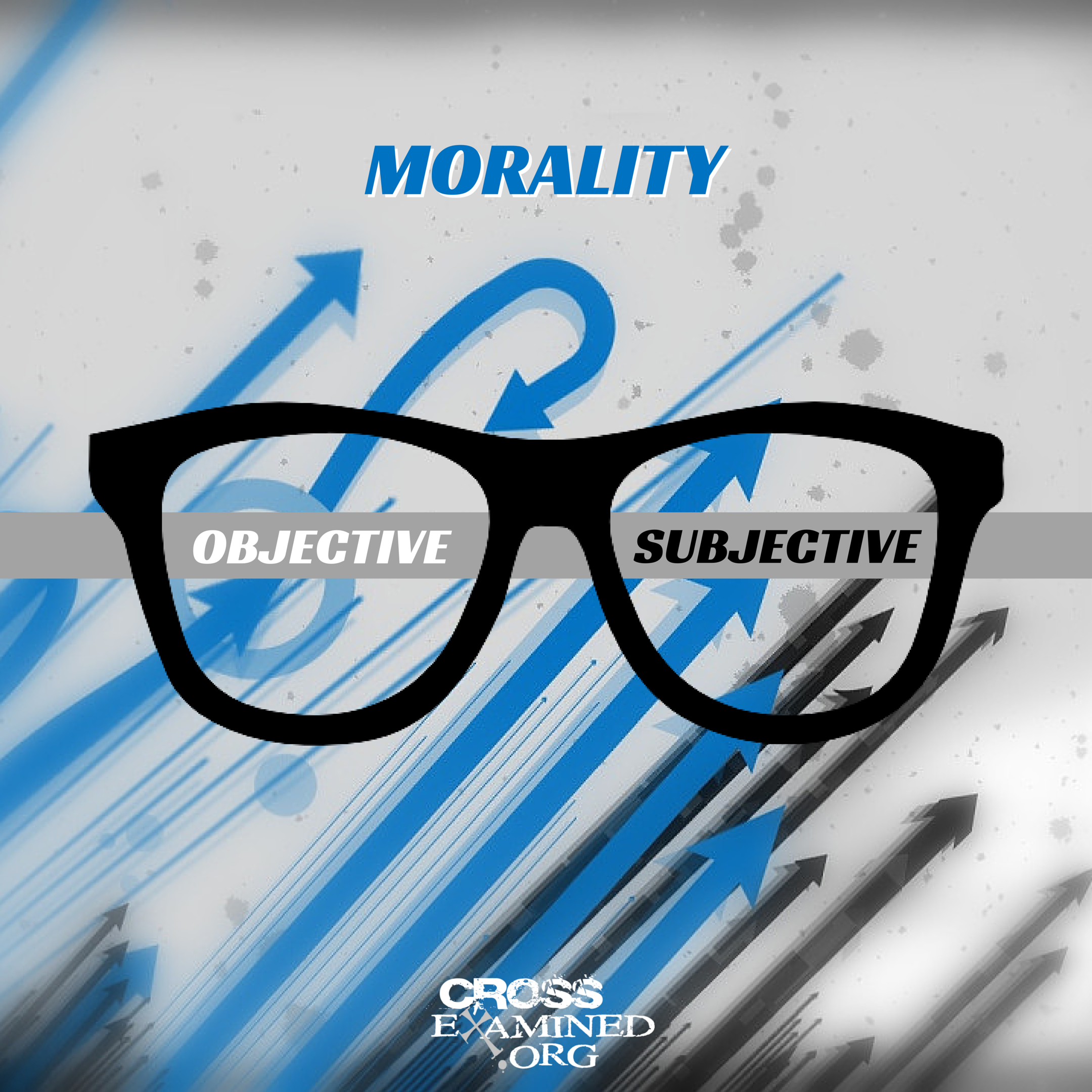By Natasha Crain
I suppose this a funny title for a post on a Christian parenting blog! But, as I often explain, we can no longer teach our kids about Christianity in a silo and expect them to automatically stand spiritually strong. The challenges today are too great. As I discussed in my last post, the atheist worldview in particular is a threat to the faith of young people.
In today’s post, I want to give you some very practical ideas for teaching your kids about atheism. The first seven are appropriate for kids of all ages, while the second seven are appropriate for middle school and older kids.
I should note that the first several ideas on this list are not necessarily for teaching the specifics of the atheist worldview. They do, however, lay an important foundation for future learning on the topic (e.g., with the last seven ideas on the list).
Without further ado, here are 14 ways to teach your kids about atheism.
1. Be intentional in pointing out that not everyone believes in God.
Depending on where you live and your kids’ educational setting, they may or may not have this basic fact fully on their radar. When I was growing up, I was very aware of different religions, but was hardly aware that there were people who didn’t believe in God until I was in high school!
The fact that God is invisible often comes up in our Bible study time with the kids (ages 5 and 3). I use it as an opportunity to acknowledge that it takes effort to understand a God we can’t see or touch, and that some people decide God must not exist if we can’t see him. I emphasize that God doesn’t just make us guess that He’s there, however; He has left us much evidence in what we can see. (See this post for discussion pointers.)
2. Discuss reasons why some people don’t believe in God.
One night per week, instead of our planned Bible study time, we let the kids ask any questions they want about God. This week, my daughter asked, “Why doesn’t everyone believe in God if the Bible tells us all about Him?” I was so happy she asked that question, and it led to a great introductory conversation about why some people reject God. At an age-appropriate level, we discussed how some people just don’t want to believe in God because they want to live without any (moral) rules; how some people see all the bad stuff happening in the world and decide a good God can’t possibly exist; how some people think the world has just always existed without a creator; how some people think the world would be very different if God existed; and so on.
This can lead to a great conversation about how the decision to accept or reject God (and Jesus) is the most important decision people must make in life.
3. When talking about stories from Jesus’ life, talk about the reactions he received from non-believers.
One of the stories that baffles me the most from Jesus’ life is when he healed a man with a withered hand on the Sabbath and the Pharisees who were present immediately set out “to destroy Him” for violating their rules (Mark 3:6). If I just saw a withered hand miraculously restored in front of my eyes, I think I’d be convinced that this person had authority from God and I’d chill out on the Sabbath rule enforcement. But, despite this evidence, they still did not believe Jesus was God’s Son and set out to kill Him.
Events like these from Jesus’ life provide a good opportunity to talk about belief and non-belief – that even when Jesus was walking this earth and doing amazing miracles in front of people, there were those who would not believe. The Pharisees were not atheists, so this isn’t a conversation about atheism per se, but it is a conversation that helps kids start thinking about the nature of belief and unbelief.
4. Discuss Jesus’ miracles in the context of proving his identity.
When I was growing up, my sole understanding of miracles was that Jesus did a lot of cool stuff when He was on earth – stuff I had to color pictures about. It never occurred to me that there was a reason He did miracles until I was an adult. What a huge point I had missed: Jesus performed miracles in large part to prove He really was God’s Son.
The reason this point is so important to make with kids is that it solidifies an understanding that God never asked us to have a blind faith, where we just have to guess about His existence. Jesus didn’t walk around on earth merely claiming a heavenly authority. He demonstrated his power with visible evidence. When kids get a bit older, they will be ready to start learning the specifics of the evidence we have today (e.g., the cosmological argument, the design argument, the moral argument and historical evidence for the resurrection).
5. Acknowledge the uniqueness of the resurrection.
I always think it’s funny when atheists leave comments on my blog to tell me they don’t believe in Jesus because we know from science that dead people don’t come back to life. Do they think this has never occurred to Christians? Do they think I will say, “Wow, he’s right! Why did I think Jesus was resurrected all this time? I totally forgot dead people stay dead!” Yet, this “argument” is repeated over and over on the internet as if it’s proof that can falsify all of Christianity in 1-2 sentences.
Lest my kids ever feel shamed when encountering such a statement, we spend a lot of time talking about how unique and “crazy” it is that Jesus came back to life. A sample conversation when talking about the resurrection goes something like this:
“Now, do dead people ever come back to life normally?” (No, never.)
“Who is the only person that could come back to life?” (Jesus)
“Why?” (Because Jesus is God’s Son, and only God would be able to make that happen – we would never believe a “regular” person could come back to life.)
Of course, this conversation doesn’t get you all the way to why we believe the resurrection actually happened (see The Case for the Resurrection of Jesus), but it plants the seeds that the resurrection is a totally unique event that we have reason to believe in – and not because we believe people naturally come back to life from the dead.
6. Ask what your kids have heard at school (or church!) from kids who don’t believe.
As I discussed in my last post, it’s likely that your kids are encountering peers and teachers who don’t believe in God and they’ve almost certainly heard things that you would want the opportunity to weigh in on. That said, it doesn’t mean they are automatically sharing all this with you. Ask them regularly what they hear about God from kids and teachers. This gives you the opportunity to address it head-on.
7. Read apologetics books for kids together.
Here is an excellent list of apologetics resources designed for kids of various ages.
For elementary-age kids, you’ll see there are very few apologetics resources available. There are two excellent books for this age group that are not on this list, however: How Do We Know God Is Really There? and How Do We Know God Created Life?, both by Melissa Cain Travis. These are the first two books in her “Young Defenders” series, and they teach the basic ideas of the cosmological and design arguments, respectively. Each book explains its subject through the telling of an entertaining story that captures children’s attention. They are appropriate for the 5- to 10-year-old range. Definitely check out these wonderful resources!
8. [Older Kids] Discuss relevant current events from newspaper articles.
If you get in the habit of periodically visiting Christian news sites like The Christian Post or Christianity Today, you’ll see all kinds of articles that are relevant to the discussion of Christianity and atheism (the Tim Lambesis story and the launch of Atheist TV are just two examples). Make it a point to print out one article a week to discuss with your kids. It’s an excellent opportunity to get them culturally savvy before they leave home.
9. [Older Kids] Introduce atheist memes for discussion.
Long before your kids encounter any kind of intellectually sophisticated atheist arguments, they’ll likely encounter bite-sized attacks on Christianity via social media (e.g., in memes). Now, to be fair, no side wants to be represented by their least sophisticated proponents. I’m sure any atheist that reads this would bristle at the notion of teaching your kids about atheism by using memes. But the unfortunate truth is that such memes have a lot of emotional impact and are likely to reach your kids before more sophisticated atheist arguments. Choose memes from a site like this one and discuss what is being said.
10. [Older Kids] Read stories of people who turned away from Christianity.
If you Google “ex-Christian stories,” you’ll find an array of sites where former Christians post their de-conversion stories. These can actually be great discussion starters. Having the opportunity to talk about these experiences before your kids leave home is ideal for minimizing the shock factor of hearing such stories later. Talk about the person’s rationale for leaving and ask your kids what they would say to that person. Ask if they’ve ever thought some of the same things, and encourage them to be open about any doubts – now is the time to address them!
Here is an example case study of a Christian-turned-theist.
11. [Older Kids] Challenge your kids with a role play.
Want to see how prepared your kids currently are to address challenges to their faith? Try a role play. You be the atheist. See how your kids respond. Here’s an example for you to say: “I don’t believe God exists. There’s no evidence! I believe in science. Why do you believe in a God you can’t prove exists?” This is the most basic of claims – see what your kids do with it. Keep pushing back on them after they respond. Use what happens as an opportunity to look for learning opportunities in the areas that come up.
12. [Older Kids] Watch debates between a Christian and an atheist.
There are many debates available to watch online (for free). Sit down as a family to watch one and encourage everyone to take notes on the points that were strongest and weakest for both sides. Use it as a springboard for discussion when the debate is done, and follow up with study on any new points. Here are a couple of examples to consider:
William Lane Craig vs. Christopher Hitchens – Does God Exist?
Mike Licona vs. Bart Ehrman – Can Historians Prove Jesus Rose from the Dead? (I should note Ehrman is an agnostic, not an atheist.)
13. [Older Kids] Read a book together by an atheist and then a rebuttal by a Christian (or vice versa).
I recommended before that parents read one or more books written by the influential “new atheists” – Richard Dawkins, Christopher Hitchens, Sam Harris or Daniel Dennett. Several parents emailed me and/or commented that they would be scared to introduce their kids to this material. While I understand it’s a challenge that forces us out of our comfort zones, it’s extraordinarily important to understand that your kids will hear the arguments of these writers whether you introduce them or not. Why not take the opportunity you still have to discuss these challenges with your kids? You don’t have to have all the answers first. Study it together.
One example combination I would recommend is The God Delusion followed byAnswering the New Atheism: Dismantling Dawkins’ Case Against God (a fantastic response).
14. [Older Kids] Check out atheist websites together.
I came across a website this week that graphs all the “errors and contradictions” in the Bible (check it out here). Visually impressive sites like this can be very impactful for kids and adults alike. Knowing your kids will see this kind of site eventually, why not take the time to sit down and look at one together? As in these other ideas, use it as an opportunity for questions to arise and then discuss your kids’ thoughts.
Have you proactively talked to your kids about atheism? Why or why not? If so, how have you done it?

Natasha Crain is a blogger, author, and national speaker who is passionate about equipping Christian parents to raise their kids with an understanding of how to make a case for and defend their faith in an increasingly secular world. She is the author of two apologetics books for parents: Talking with Your Kids about God (2017) and Keeping Your Kids on God’s Side (2016). Natasha has an MBA in marketing and statistics from UCLA and a certificate in Christian apologetics from Biola University. A former marketing executive and adjunct professor, she lives in Southern California with her husband and three children.
Original Blog Source: http://bit.ly/2W6gh89
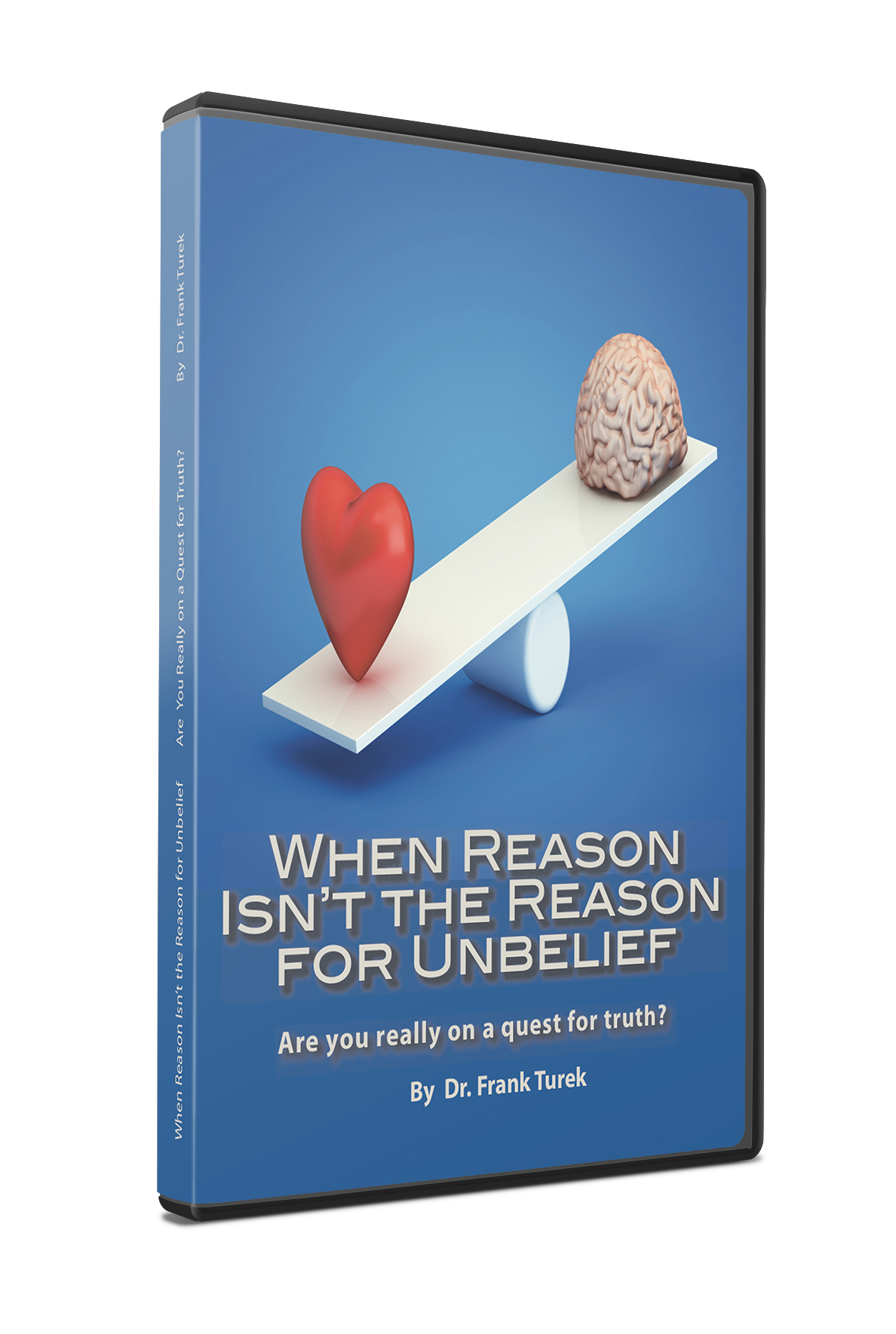
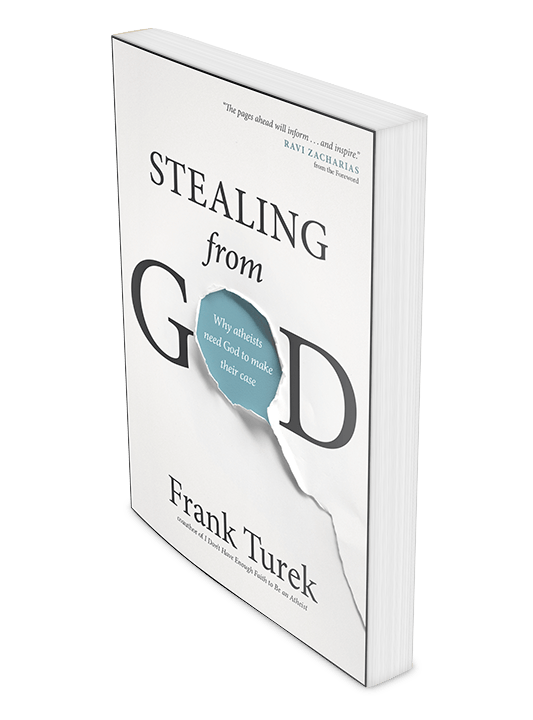




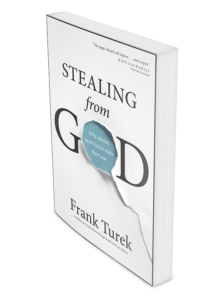






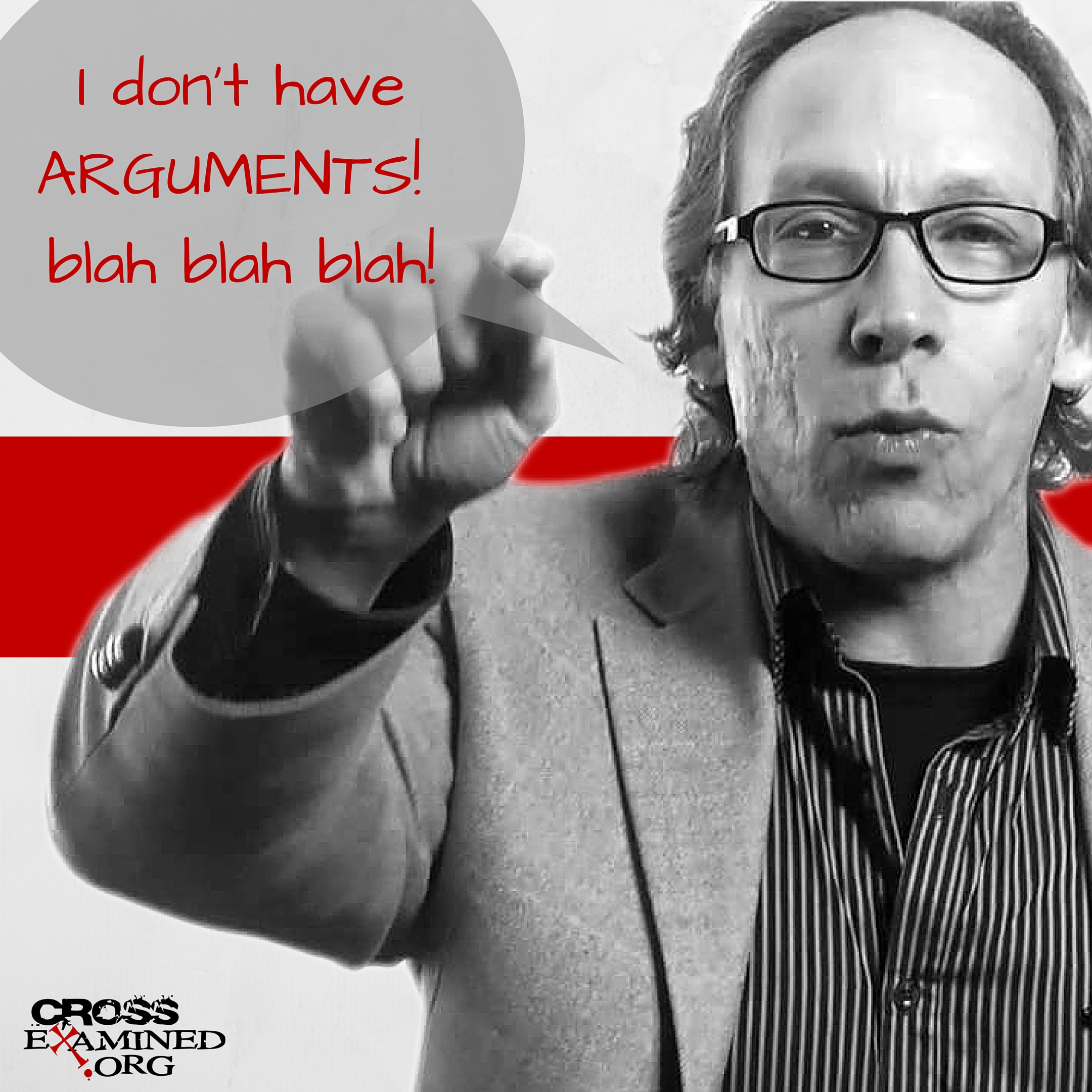



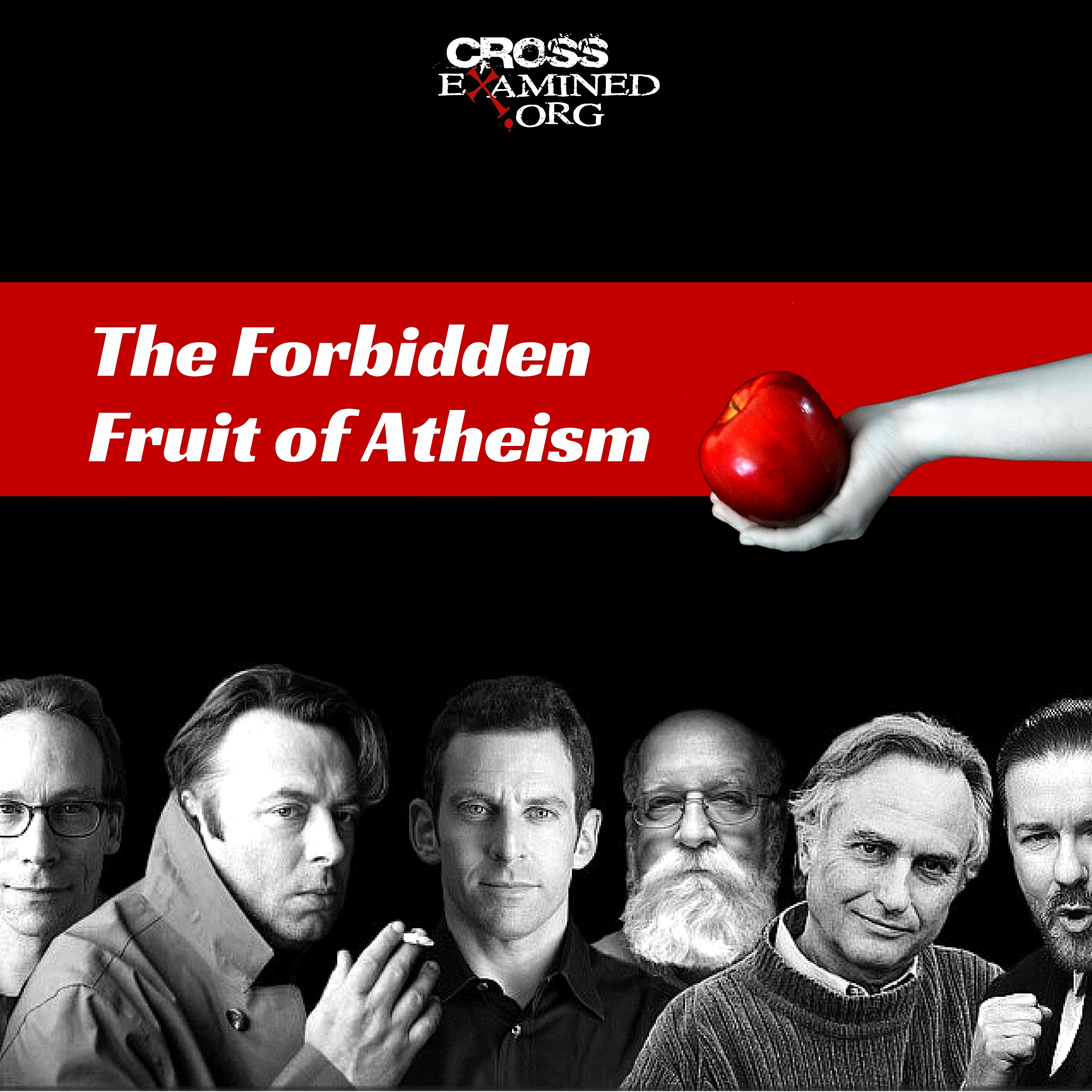
 FEARLESS FAITH SEMINAR
FEARLESS FAITH SEMINAR

